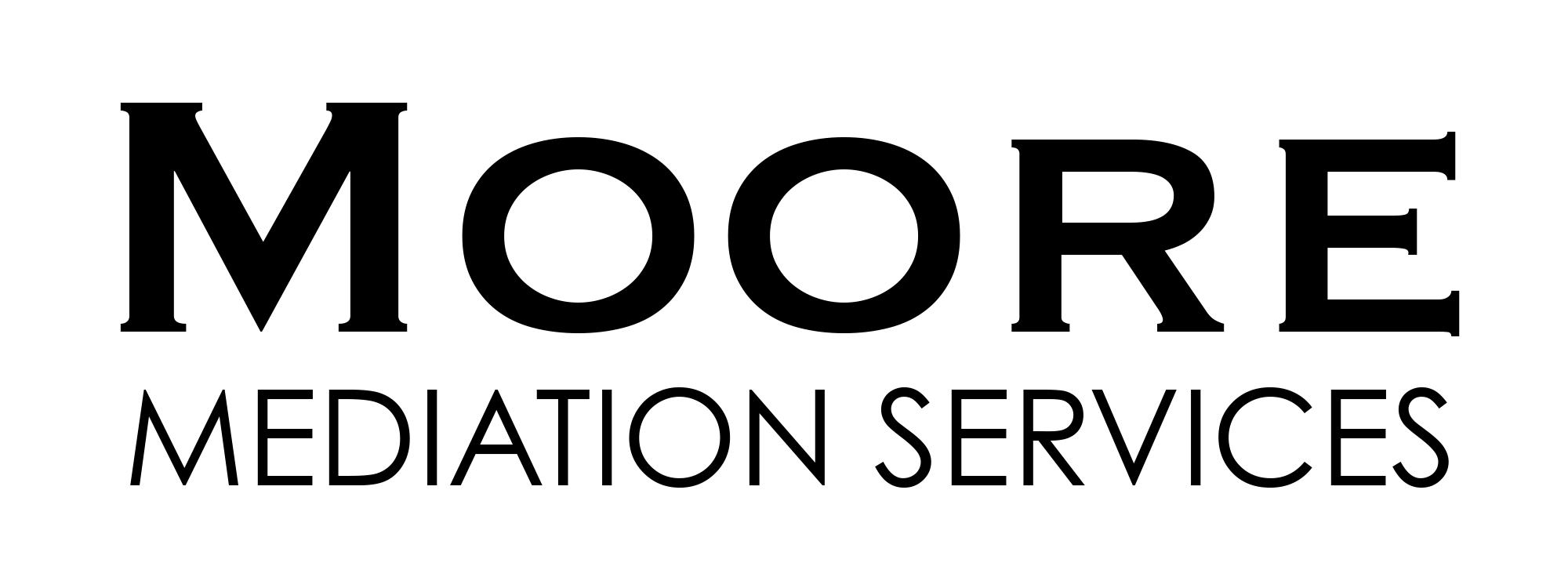Collaborative Law
A Popular Option to Traditional Litigation
Collaborative Law (also known as Collaborative Practice or Collaborative Divorce) is a cutting edge approach to resolving family disputes that is growing increasingly popular with a public who is dissatisfied with the traditional way of doing things. Collaborative Law is a ‘process’ option; just like divorce mediation or litigation are options. Collaborative Law combines the benefits of mediation (good faith, client driven, etc.) with the support and advice of a collaboratively trained attorney. The process is based on principles of good faith and full disclosure – terms most people do not associate with litigation.
Collaborative Law looks very different from traditional litigation. The defining aspect of Collaborative Law is the participation agreement that is signed by the clients and their attorneys. The agreement says the participants will negotiate their entire dispute and will not go to court or threaten to go to court. If either client proceeds with court action, both collaborative attorneys must withdraw and the clients both hire litigation attorneys.
There are two styles of Collaborative Law: Lawyer-only and Interdisciplinary. Lawyer-only is what it sounds like: The process consists of two clients and two collaboratively trained attorneys. The Interdisciplinary model gives clients the option of including other professionals on the collaborative team. These professionals include a divorce coach (usually a counselor, therapist or mental health specialist), a child specialist (usually a counselor or therapist specializing in children issues) and a financial specialist (usually a financial planner or consultant with experience and knowledge in financial matters). The Interdisciplinary model recognizes the emotional turmoil associated with family disputes and actively seeks to address those issues directly. At times an experienced Mediator (a professional mediator who specializes in mediation) facilitates the collaboration and negotiation toward a more speedy resolution.
Collaborative negotiation takes place in four-way meetings with both clients and both attorneys present. Traditional negotiation involves typically the lawyers sending letters and emails back and forth, which can, at times, produce more ‘heat’ than ‘light’, and increase the litigation costs with little progress toward resolution or solutions, and with less or little regard for the emotional impact a divorce has on both the parties and the children in the family. Collaborative negotiations are ‘interest based’; meaning, the negotiations focus on the maximizing what is fundamentally important to each party, rather than focusing on strategy or legal positioning.
Contact John Moore for more information about Collaborative Law services in the greater Portland and surrounding areas, at either www.moorelawgrouppc.com or www.mooremediation.com. Additionally, you will find information at the International Academy of Collaborative Professionals’ website at www.collaborativepractice.com.
This information is not intended nor should it be construed as legal or tax advice. You may wish to consult with other professional advisors regarding how this information relates to your personal circumstances. Commercial distribution of this information without specific written consent from Cascade Wealth Management, LLC is prohibited.
